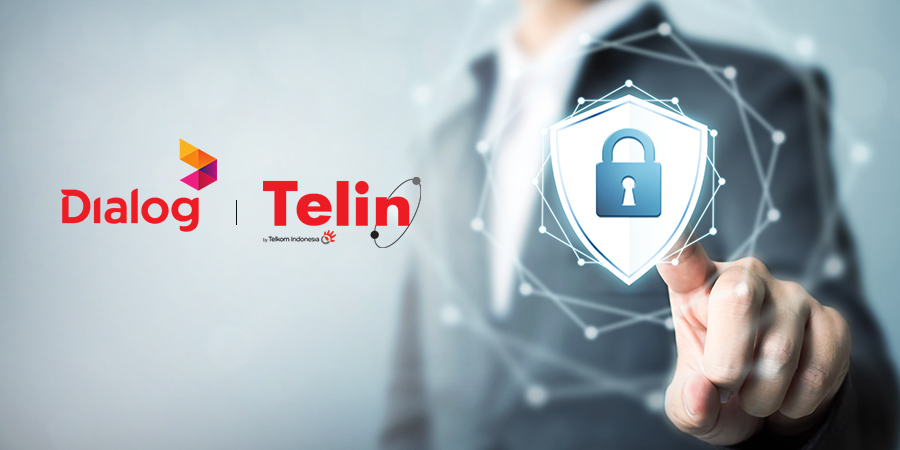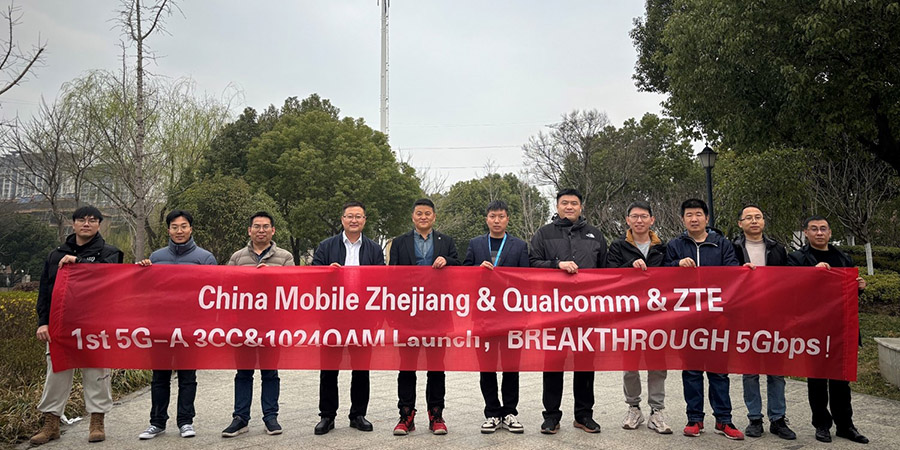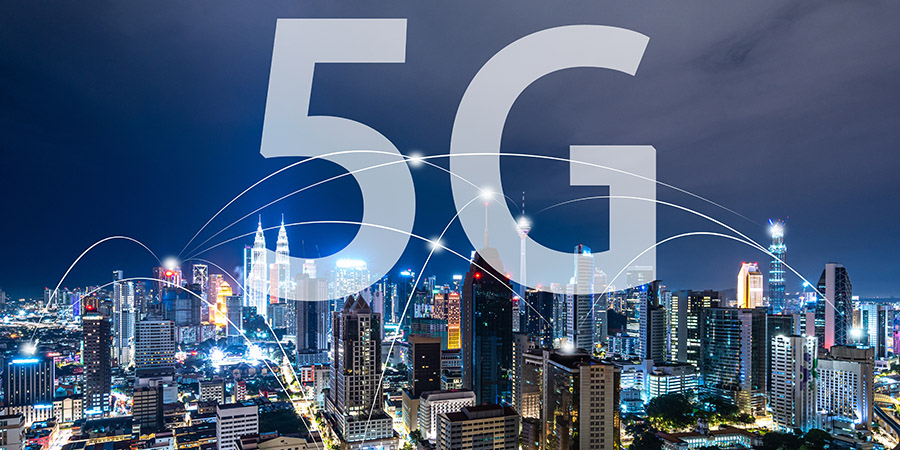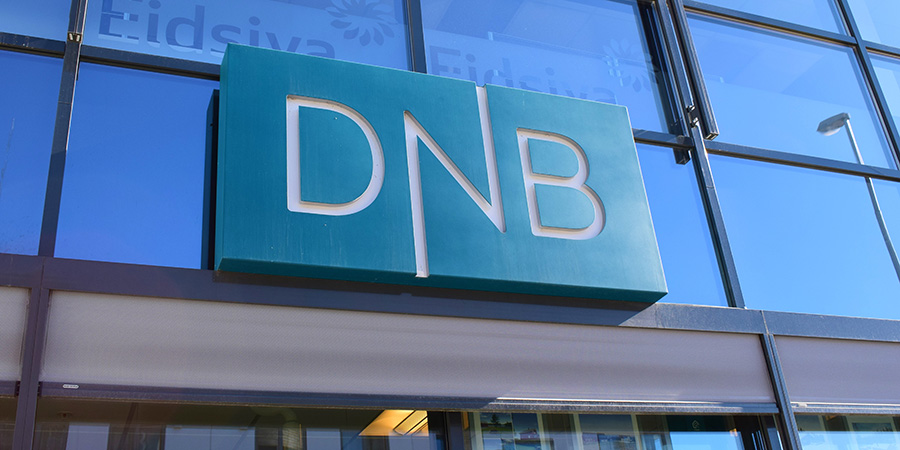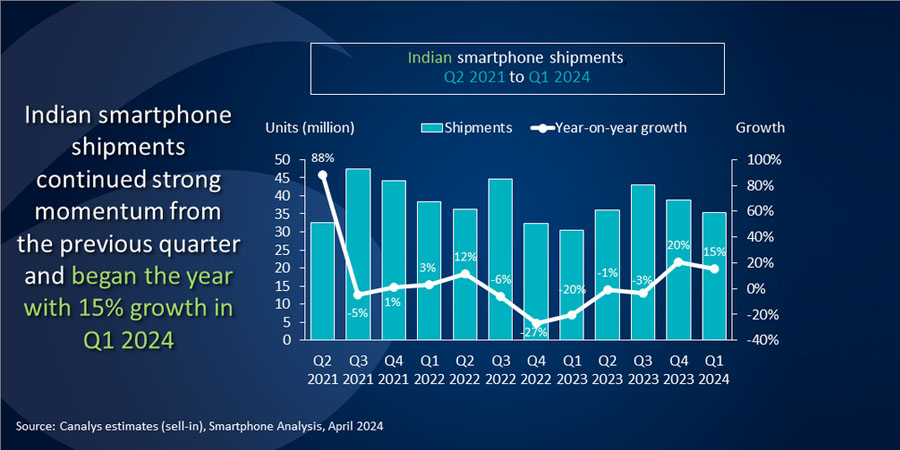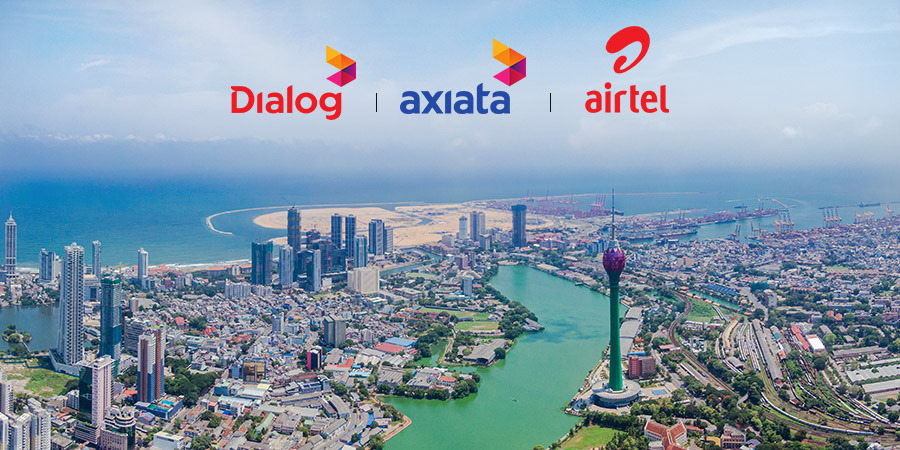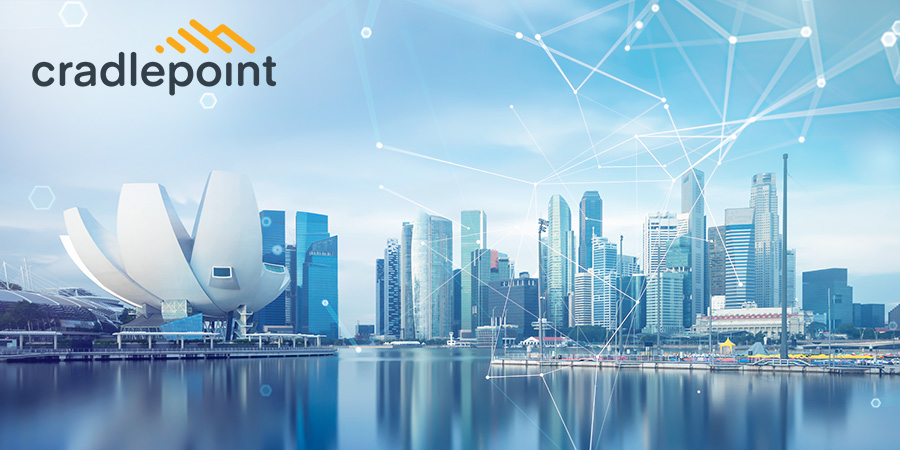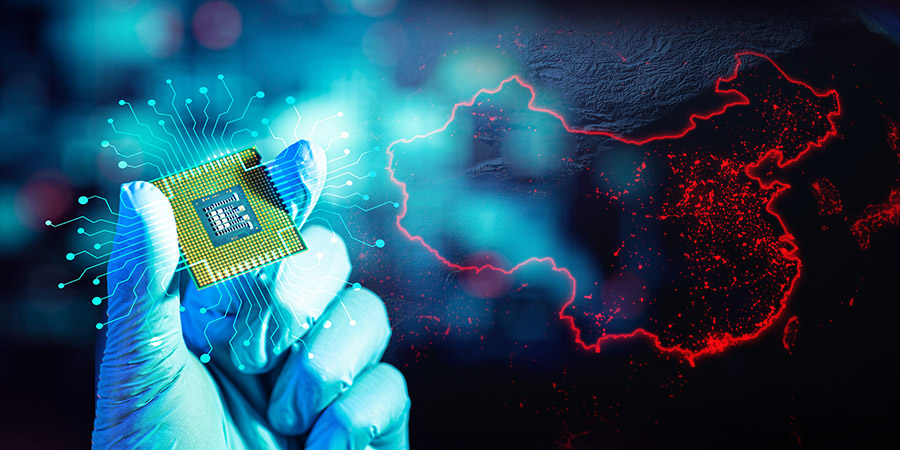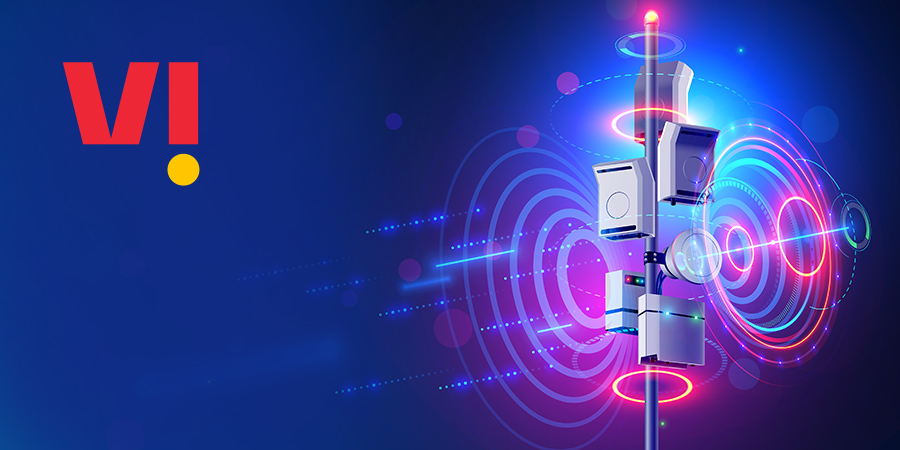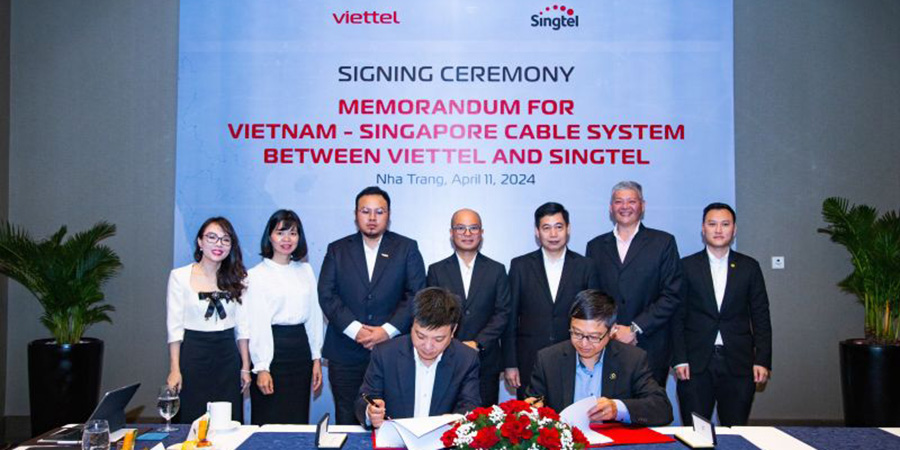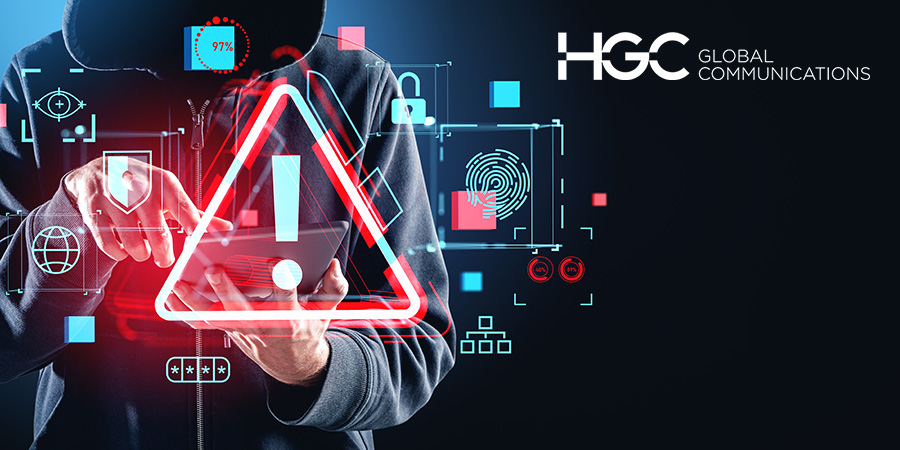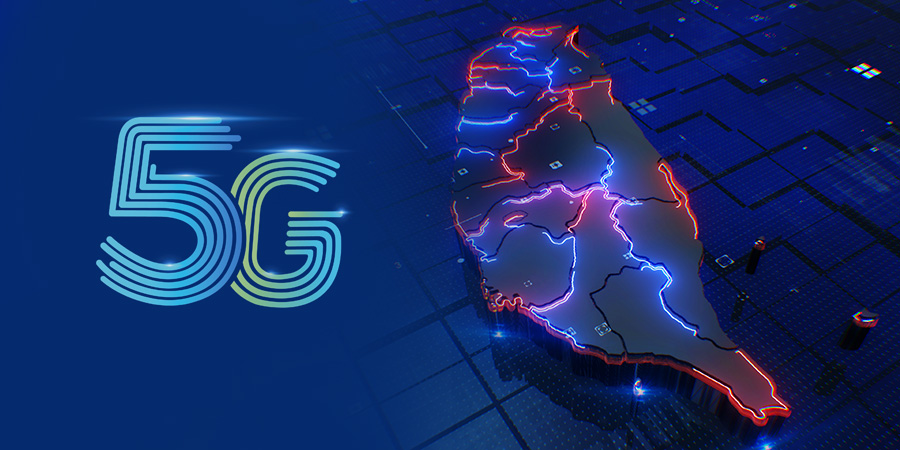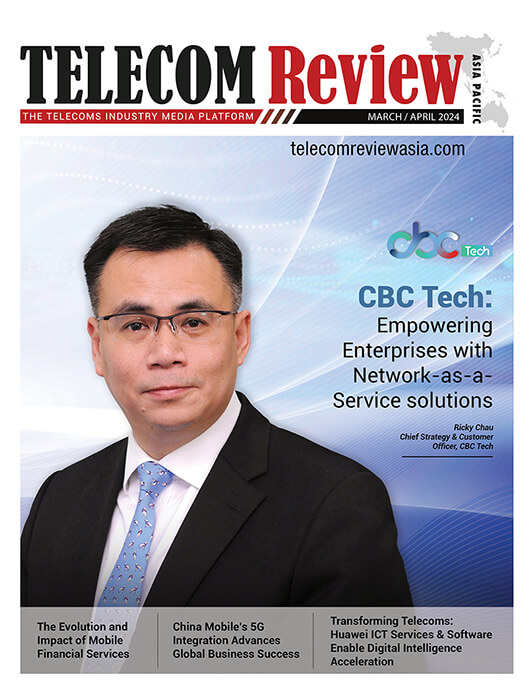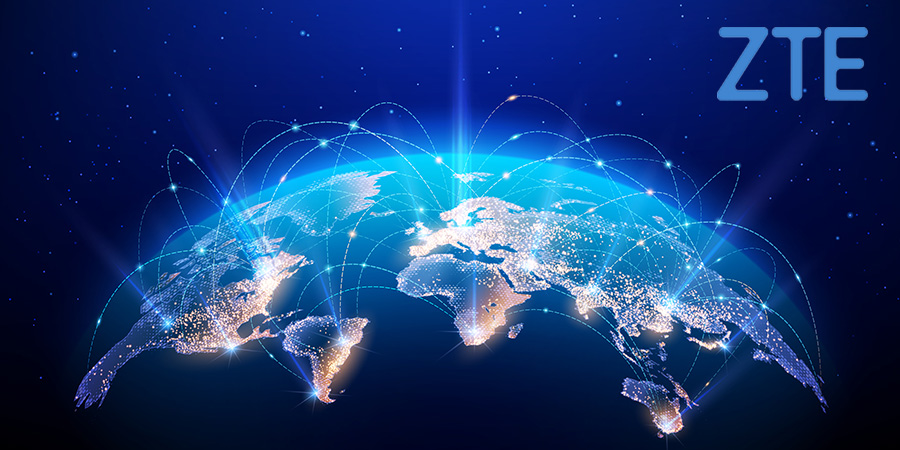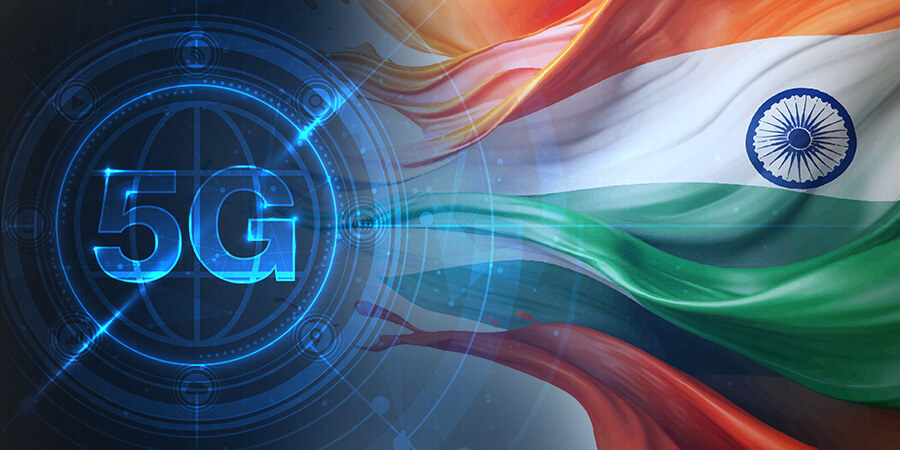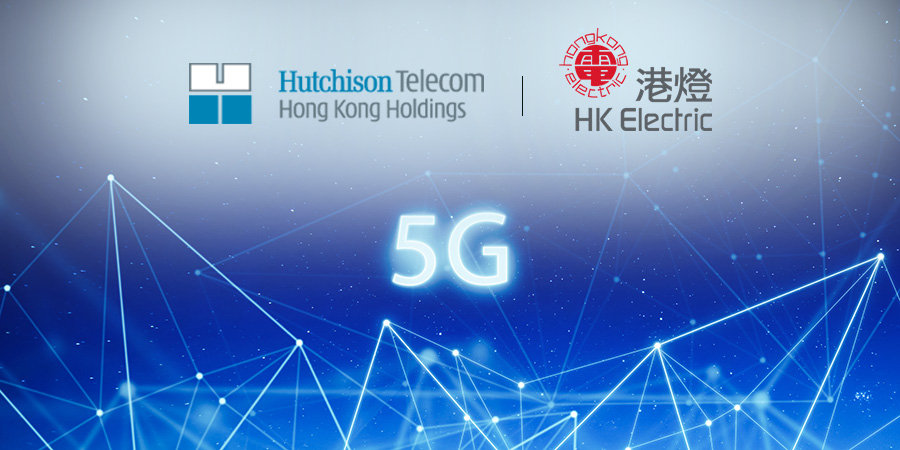A new report by IDC Future City Internet of Things Readiness Index in Asia/Pacific (Excluding Japan) says that due to heterogeneity in economic landscape and technological preparedness and maturity, different cities in Asia Pacific (excluding Japan) have different levels of Internet of Things (IoT) readiness. Cities with more broadband penetration, technology and smart city spending, coupled with a well-regulated economic environment are more IoT ready.
The report highlighted a number key points. Firstly, IoT deployment is mature in Singapore, Seoul and Hong Kong primarily due to Government led agendas and Smart City initiatives allowing for more managed services revenue opportunity for vendors.
Secondly, growing smart city and IoT infrastructure spending secures the top 3 spots for Shanghai, Beijing and Shenzhen enabling both augmentation of infrastructure in public service areas and management of the infrastructure across new and existing application areas.
Lastly, cities like New Delhi, Jakarta, Kuala Lumpur, Bangkok and Mumbai require specific deployments in a phased manner to resolve critical challenges such as traffic management, public safety etc. This will not only instrument the need for further deployments in new areas but also allow for upscaling in the existing areas.
"Smart City initiatives, investment in cloud and IoT infrastructure, coupled with a healthy business environment, contribute to the favor of Singapore, Seoul and Hong Kong. Although Shanghai, Beijing, and Shenzhen lead in IoT preparedness among developing countries owing to growing IoT, cloud, and Smart City spend, augmenting the scope of Smart City initiatives across new public service areas will further increase their spend toward IoT deployments," says Abhishek Mukherjee, Senior Market Analyst at IDC Telecommunications and IoT practice.
This report outlines the factors driving the preparedness of these cities towards IoT deployment. This report also provides a classification of the cities in terms of their level of IoT deployment maturity and guided advisory for the technology vendors towards these classes of cities.
"While cities and ecosystem partners continue to invest in Smart City IOT projects, oftentimes a traditional siloed approach is employed in which the different departments internally tend to fund projects separately. These silo practices can hamper or skew the accuracy of analytics solutions deployed and are known to increase costs as spending on infrastructure and edge equipment, due to duplication of resources," shares Gerald Wang, Head of IDC Asia Pacific Public Sector for IDC Government Insights and IDC Health Insights. "Concerns around how to scale IOT initiatives beyond the pilot stage are common and cities are looking more to partnerships that offer trade-offs such as royalty-free solutions in exchange for running of city infrastructure operations, right-of-way access, or access to consumer data- all via formal PPP structures."




